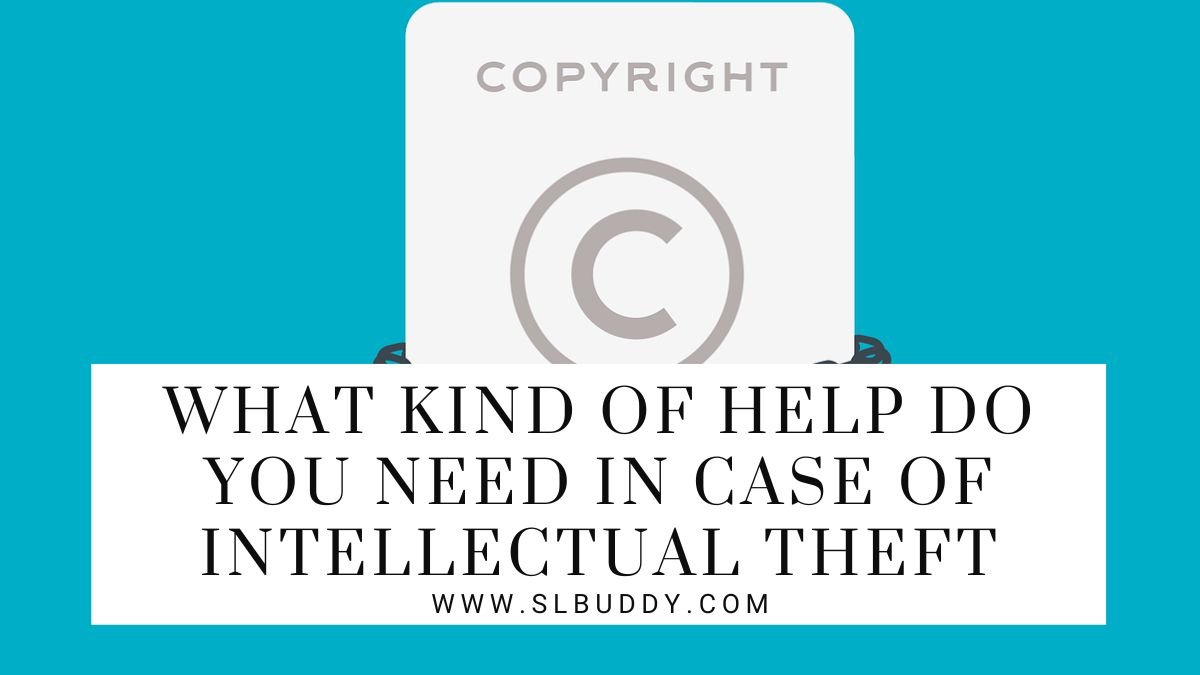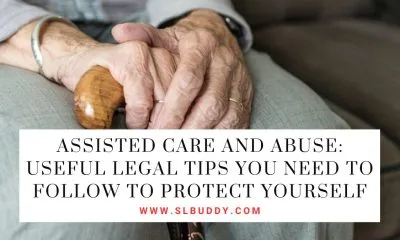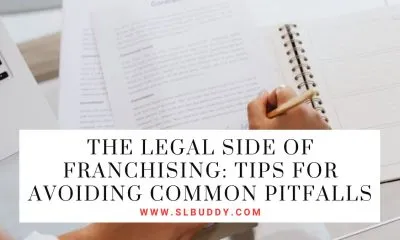
In today’s fast-paced world of innovation and information, intellectual property (IP) is critical for individuals and businesses.
Protecting your intellectual property is crucial, whether it’s a creative work, a patented invention, or a trade secret.
However, intellectual property theft, or IP theft or infringement, can occur, leaving creators and innovators needing help safeguarding their ideas and creations.
This guide explores the various types of intellectual property, the common forms of IP theft, and the various ways to seek help and protection when faced with such challenges.
Understanding Intellectual Property
Intellectual property is composed of a wide range of intangible assets.
When faced with cases of intellectual property theft, it’s essential to understand the specific type of intellectual property involved, as the protection and enforcement mechanisms can vary. In the case of trademark litigation, understanding the intricacies of trademark law.
But apart from this, intellectual property can be categorized into several main types:
1. Copyright: Protects original literary, artistic, and musical works.
2. Trademark: Protects logos, symbols, names, and slogans identifying goods or services.
3. Patent: Grants exclusive rights to inventors for their inventions.
4. Trade Secret: Protects confidential and proprietary business information.
5. Industrial Design Rights: Protects the visual design of objects.
6. Plant Variety Rights: Protects new varieties of plants.
Common Forms of Intellectual Property Theft
IP theft can affect individuals, small businesses, or large corporations. Here are some common examples:
# Plagiarism: Plagiarism involves copying or using someone else’s work, such as written content, artwork, or music, without proper attribution or permission. It’s standard on the internet and in academia.
# Counterfeiting: Counterfeiting is the unauthorized reproduction of products or goods, often with the intent to deceive consumers. It affects industries ranging from fashion to electronics.
# Patent Infringement: This occurs when someone makes, uses, or sells an invention patented by someone else without permission. Patent infringement can be costly for both parties involved.
# Trademark Infringement: When a business uses a name, logo, or symbol confusingly similar to a registered trademark, it may lead to trademark infringement.
# Trade Secret Theft: Trade secrets are often the most valuable business assets. Trade secrets can be stolen when employees or competitors gain unauthorized access to confidential information.
# Cyber Theft: With the increasing digitization of information, cyber theft has become a significant concern. It includes hacking into systems to steal proprietary data or distributing copyrighted materials illegally.
Seeking Help for Intellectual Property Theft
If you suspect or encounter intellectual property theft, taking appropriate steps to protect your rights is essential. Start by gathering evidence of the theft.
This may include records, emails, correspondence, or timestamps that establish the originality and ownership of your intellectual property. If you believe someone is infringing on your intellectual property, you can send a cease and desist letter.
This is a formal letter demanding the cessation of the infringing activity. It serves as a warning before legal action.
Intellectual property law is complex, and an attorney specializing in IP can be invaluable. If necessary, they can advise you on the best action and represent your interests in legal proceedings.
For online copyright infringement cases, the Digital Millennium Copyright Act (DMCA) provides a mechanism to request the removal of infringing content from websites and online platforms.
Registering your copyright, trademark, or patent with the appropriate government agency offers legal protection and makes it easier to enforce your rights.
Consider using Alternative Dispute Resolution (ADR) methods like mediation or arbitration to resolve IP disputes outside of court.
These can be more cost-effective and less time-consuming than litigation. If negotiations fail, litigation may be necessary to protect your intellectual property.
This involves filing a lawsuit against the alleged infringer. If your intellectual property is infringed upon in other countries, you may need protection and assistance through international agreements and organizations.
Invest in cybersecurity measures such as firewalls, encryption, and employee training to prevent cyber theft. These steps can help protect your digital assets.
In cases of counterfeiting or trademark infringement, raising public awareness about the issue can help protect your brand and reputation.
Collaborating with Law Enforcement and Authorities
In more severe cases of intellectual property theft, involving law enforcement agencies and authorities may be necessary.
This is particularly true for criminal IP activities, such as large-scale counterfeiting operations or trade secret theft.
If you believe a crime has occurred, such as physical or digital property theft, file a police report. This is especially crucial for criminal cases.
In the United States, several federal agencies handle intellectual property crimes. If you suspect the importation of counterfeit goods, work with customs authorities to intercept and prevent the entry of such products into your country.
International Intellectual Property Theft
Intellectual property theft often transcends borders, posing unique challenges.
When dealing with international IP theft, familiarize yourself with international agreements and treaties related to intellectual property, such as the Berne Convention for copyright protection and the Paris Convention for industrial property.
Seek assistance from legal experts who specialize in international IP law. They can guide you on the best strategies for protecting your rights globally.
Organizations like the World Intellectual Property Organization (WIPO) and Interpol can provide support and resources for international IP protection.
Preventing Intellectual Property Theft
Preventing intellectual property theft is often more effective than dealing with the aftermath.
Educate your employees, collaborators, and partners about the importance of intellectual property and the consequences of theft.
Use non-disclosure agreements (NDAs) and confidentiality agreements when sharing sensitive information with third parties. Implement robust digital security measures, including data encryption, access controls, and regular security audits.
Regularly monitor the use of your intellectual property and enforce your rights promptly when violations occur.
Consult with legal experts to review contracts, agreements, and licensing terms to ensure they protect your IP.
Don’t miss: Educational Requirements to Be a Lawyer
The bottom line
Intellectual property theft is a significant concern today, where ideas and innovations hold substantial value.
Whether you’re an individual creator or a business owner, knowing how to protect your intellectual property and seek help when needed is crucial.
By understanding the various forms of IP, taking preventative measures, and learning how to respond to theft, you can safeguard your intellectual assets and preserve their value in an increasingly competitive global landscape.
Early intervention and informed action are vital to protecting your creative and innovative work from theft and infringement.














